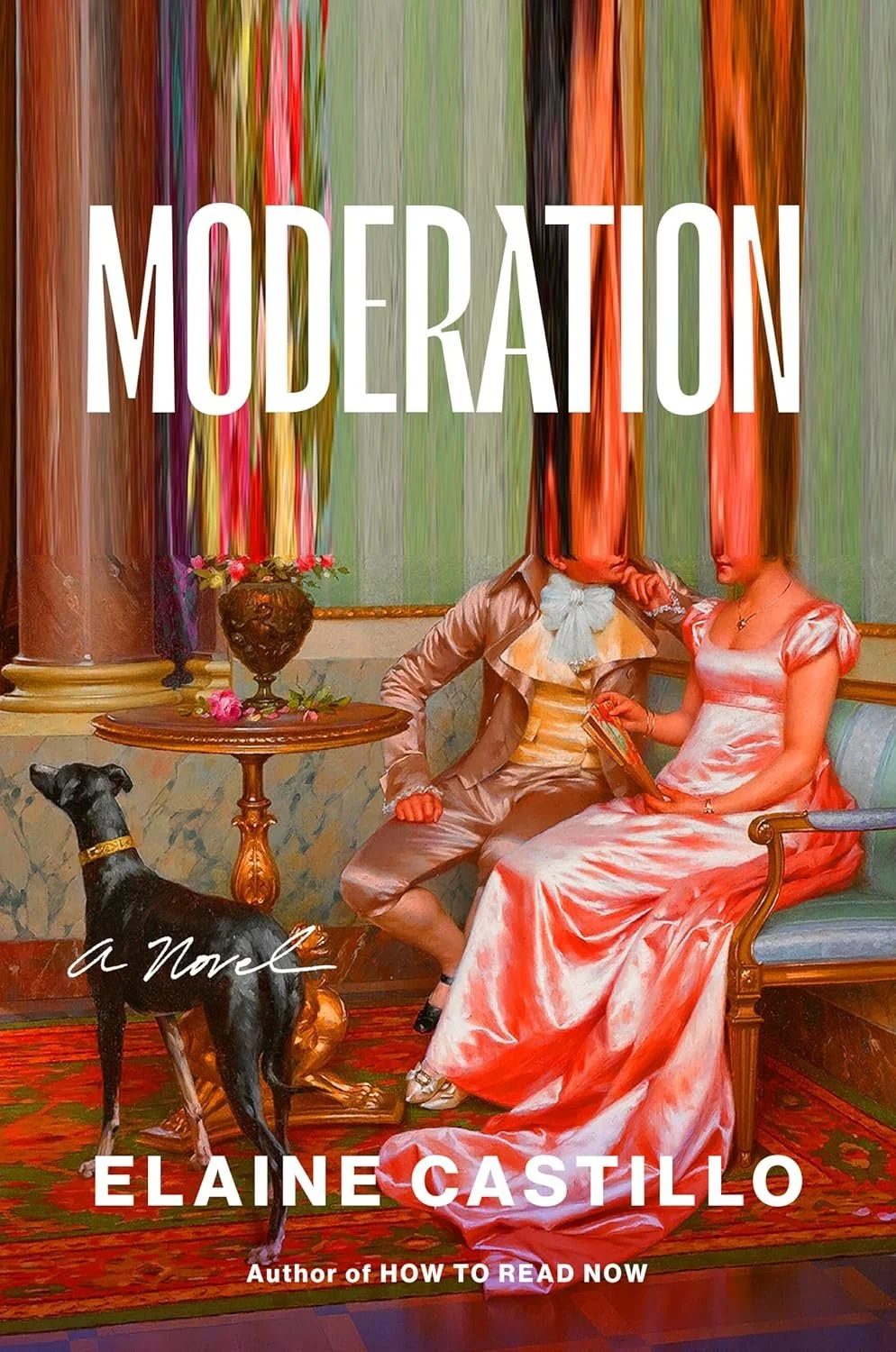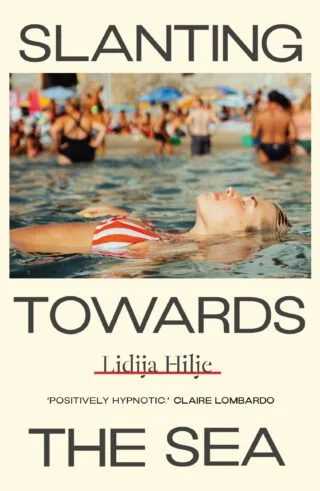The Best of Everything, Kit de Wall
The Best of Everything is set in late 20th-century Britain, and tells the story of Paulette, a Caribbean immigrant who works as an auxiliary nurse. Her dreams for the future are destroyed when her boyfriend Denton is killed in a car crash and she discovers that he already had a wife and children. On the rebound, she gets pregnant by his friend Garfield. When their brief relationship ends, she determines to focus her energy on making sure that their son Bird has ‘the best of everything’ – until, that is, she meets Cornelius, a waifish, lonely boy who is being raised by his chronically depressed grandfather, Frank. It is Frank whose careless driving killed Denton. To Paulette’s surprise, she becomes a mother-figure for the boy – whom she nicknames Nellie – and even forms a tentative friendship with his grandfather. But will Frank’s past actions make these relationships impossible to sustain?
As in her previous two novels, de Waal writes eloquently about the hardships immigrants can experience. Paulette is constantly wary of the police, who ‘know who to blame’ in any incident involving a black person. She worries that her son may end up like her – poor and with ‘unfulfilled dreams’. At times she yearns for her native St Kitts, its richly coloured landscape ‘bright like pirate’s treasure’, but acknowledges ‘there were no jobs when she left and who is to say there are jobs now’. Her sense of isolation is heightened by the unreliable men in her life, from the philandering Denton to the self-preoccupied Bird, who abandons her to move to America with his father.
And yet, The Best of Everything is ultimately optimistic. Despite all her troubles, Paulette remains warm-hearted, especially in her job and in her dealings with Frank and Nellie. Her concern for the boy eases her pain over Denton’s death and her subsequent failed relationship with Garfield. She gradually learns to sympathise with Frank – who has suffered bereavements of his own – and to realise that he is more than her lover’s killer. And in the long-term, her kindness will inspire Nellie both to turn his life around after a difficult adolescence, and to offer Paulette love and support when she is at her lowest. The scenes in which the pair bond over their shared passion for ‘good West Indian cooking’ are particularly heartwarming.
In our current fractious times, this compassionate novel offers welcome reminders of the value of forgiveness, and of how love can transcend class and race.
Editorial Picks




